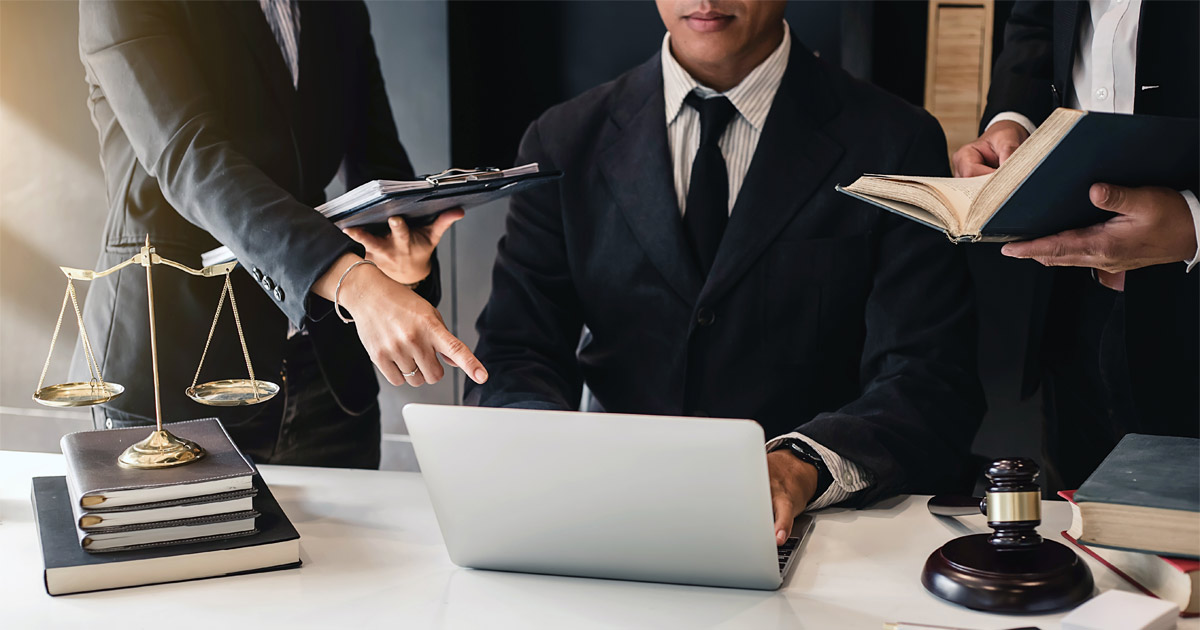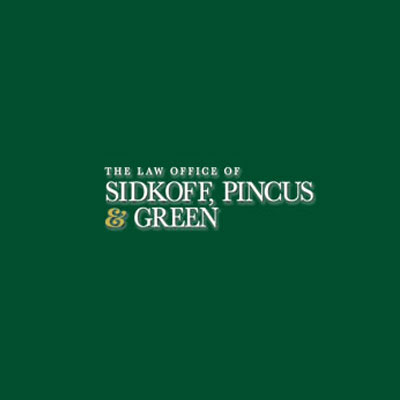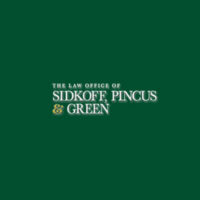How Does Intellectual Property Work?

Intellectual property (IP) encompasses patents, trademark, copyrights, and trade secrets. In general terms, IP refers to any intangible product made by a person, and it is important to protect your IP.
Fortunately, safeguards can be put in place to protect inventions, company branding, trade secrets, and other forms of IP. Innovators should work with a lawyer when they are seeking guidance for issues related to IP, including trademarks, copyrights, patents, and trade secrets. Listed below are ways you can protect your IP.
Trademarks
Trademarks usually safeguard brands and the logos used on products and services. You should follow these steps in order to receive a trademark:
- File a submission, and choose what types of products and services you want to use for the trademark.
- A trademark examiner examines the submission to see if anyone has already registered the same or similar mark. If nothing is found, a trademark is published in a public register to other parties to object. If no objection is provided, then the trademark is approved.
- A trademark stays in effect for successive 10-year periods if the owner meets the legal necessities for renewals.
Copyrights
When an author writes, draws, or designs a piece of work, they have immediate copyright. A person can file an application to receive a federal registration for a copyright via mail, online, or in person, which endures for the creator’s lifetime, along with an additional 70 years.
Patents
Patents shield innovative ideas, processes, and inventions. Once the innovator files a patent application with the U.S. Patent and Trademark Office (USPTO), an examiner reviews it to make sure that the invention has not been previously utilized.
Usually, the examiner and innovator seeking the patent will have a discussion on the merits of granting the patent. It is worth nothing if the person receives a patent, it is valid for 20 years from the application’s filing or 17 years from the patent’s issuance, whichever is longer.
Trade Secrets
A trade secret is private, specific information that affords its owner a financial edge over competitors. To protect a trade secret, the owner must do the following:
- Regulate physical and electronic access.
- Utilize nondisclosure agreements with any party that requires you to share the information, such as a regulatory agency.
- Stamp documents with a trade secret stamp or watermark.
Innovators should seek legal counsel to clear any hurdles in the patent process to avoid issues and possible business litigation.
Philadelphia Business Lawyers at Sidkoff, Pincus & Green P.C. Are Skilled at Protecting IP
Protecting your IP rights can be contentious, with several hurdles to clear. Our Philadelphia business lawyers at Sidkoff, Pincus & Green P.C. can help you avoid issues related to your IP. Call us at 215-574-0600 or complete our online form for an initial consultation. We are located in Philadelphia, and we serve clients throughout Pennsylvania and New Jersey.

















 In the case of Ianco v. Brunetti, the clothing line, FUCT, was denied a trademark for its use of the F-word, even though it is spelled differently. The founder of the clothing company, Erik Brunetti, wanted to trademark FUCT, which stands for “Friends U Can’t Trust,” but the application was denied by the U.S. Patent and Trademark Office because the brand name was considered vulgar. However, the U.S. Supreme Court ruled in favor of the clothing brand and found that the Lanham Act’s ban on scandalous trademarks is a violation of the First Amendment.
In the case of Ianco v. Brunetti, the clothing line, FUCT, was denied a trademark for its use of the F-word, even though it is spelled differently. The founder of the clothing company, Erik Brunetti, wanted to trademark FUCT, which stands for “Friends U Can’t Trust,” but the application was denied by the U.S. Patent and Trademark Office because the brand name was considered vulgar. However, the U.S. Supreme Court ruled in favor of the clothing brand and found that the Lanham Act’s ban on scandalous trademarks is a violation of the First Amendment.